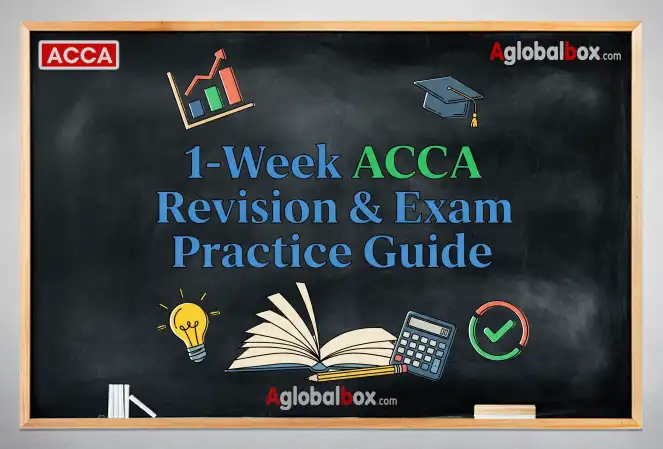These are ACCA F5 (PM) Performance Management MCQs for Part-A of the Syllabus “Information, technologies and systems for organisation performance”.
These multiple-choice questions (MCQs) are designed to help ACCA F5 students to better understand the exam format. We aim to instill in students the habit of practicing online for their CBE exams. By doing so, students can reduce exam stress and prepare more effectively.
Please note:
- Students should not attempt these MCQs until they have studied the entire chapter.
- All questions are compulsory, so please do not skip any.
We hope that these MCQs will be a valuable resource for students preparing for the ACCA F5 (PM) exam.
INFORMATION ABOUT THESE CBE MCQs Test/Quiz
| Course: | ACCA – Association of Chartered Certified Accountants |
| Fundamental Level: | Applied Skills |
| Subject: | Performance Management |
| Paper: | F5 – PM |
| Chapters and Topics covered: |
|
| Syllabus Area: | A – “Information, technologies and systems for organisation performance” |
| Questions Type: | CBE MCQs |
| Exam Section: | Section A |
Syllabus Area
These Multiple Choice Questions (MCQs) cover the Syllabus Area Part A of the Syllabus; “Information, technologies and systems for organisation performance” of ACCA F5 (PM) Performance Management Module.
Time
These MCQs are not time-bound. Take your time and solve them stress freely. Pay proper attention and focus. Do not rush or hesitate.
Result
Students will get their F5 CBE MCQs Test results after they finish the entire test. They will also be able to see the correct and incorrect answers, as well as explanations for the incorrect questions.
Types of Questions
MCQs: Choose one from the given options.
Multiple choice: Choose all those answers which seem correct/ or incorrect to you, as per the requirement of the question. Keep your eye on the wording “(select all those which are correct/ or incorrect)“.
Drop-down: Select from the list provided.
Type numbers: Type your answer in numbers as per the requirement of the question.
- ACCA F5 MCQs
- PM MCQs
- ACCA F5 PM Multiple Choice Questions
- Performance Management Online Multiple Choice Questions
- ACCA F5 PM Practice Questions Online
- ACCA Performance Management Online Practice Questions
- F5 Performance Management MCQs Online
- F5 MCQs
- ACCA MCQs
- ACCA F5 MCQs Chapter Wise
- Online F5 CBE MCQ QUIZ
- Online F5 CBE MOCK
- ACCA F5 Chapters CBE MCQs Online
- F5 PM Part A MCQs Online
- F5 PM Chapter CBE MCQs
- F5 PM Part A Chapters MCQs Online





